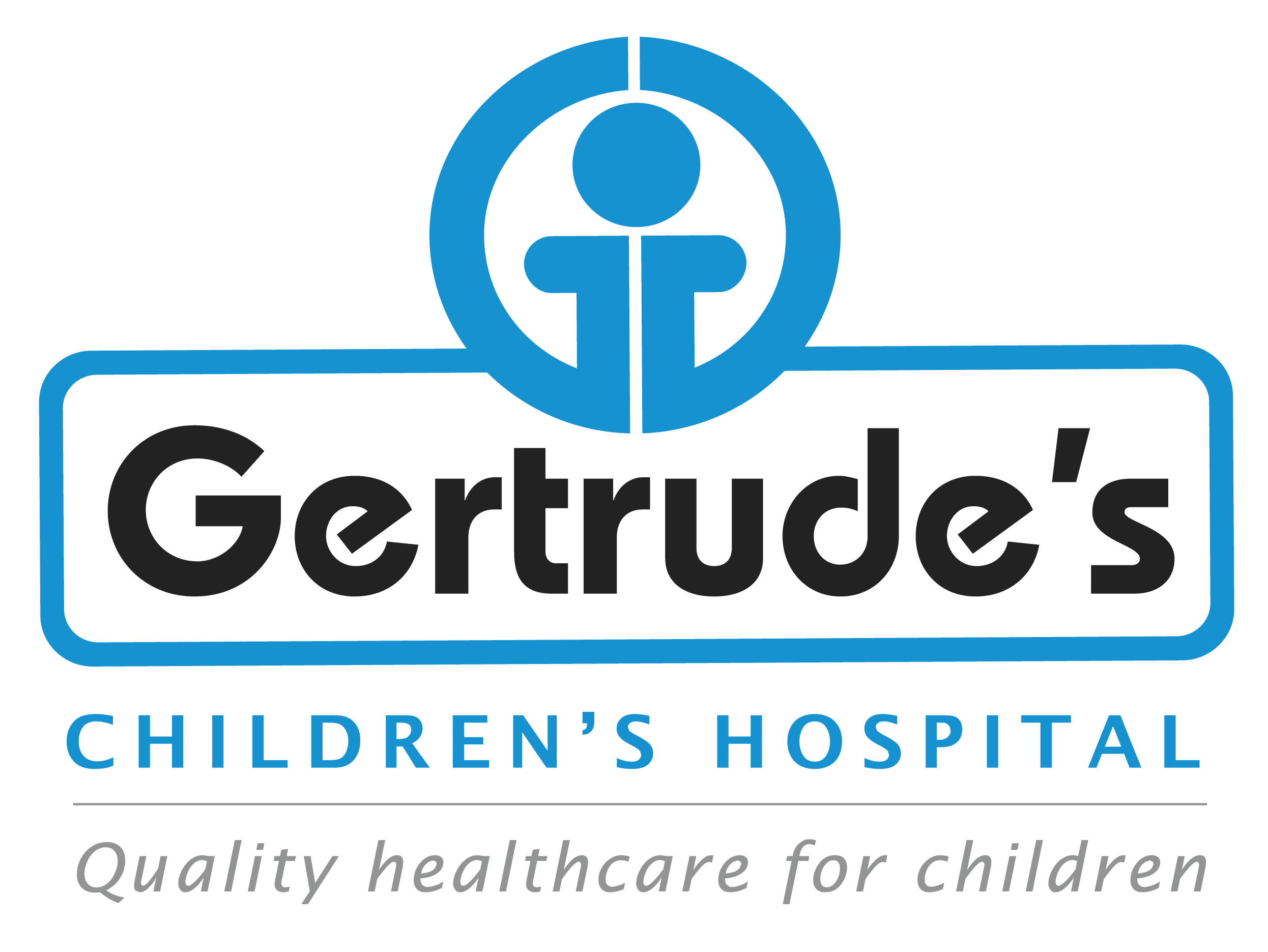Dry mouth, also called xerostomia, occurs when there isn’t enough saliva in the mouth. Saliva plays a crucial role in maintaining oral health by keeping the mouth moist, helping to digest food, and protecting teeth from decay. In children, dry mouth can lead to discomfort, bad breath, and an increased risk of cavities and gum disease.
Symptoms
Children with dry mouth may experience:
• A persistent feeling of dryness or stickiness in the mouth
• Difficulty chewing, swallowing, or speaking
• Cracked lips or corners of the mouth
• A dry, rough, or red tongue
• Bad breath (halitosis)
• Increased thirst
• Cavities or gum irritation
• A persistent feeling of dryness or stickiness in the mouth
• Difficulty chewing, swallowing, or speaking
• Cracked lips or corners of the mouth
• A dry, rough, or red tongue
• Bad breath (halitosis)
• Increased thirst
• Cavities or gum irritation
Causes
Dry mouth can be caused by various factors, including:
• Medications: Some medicines, such as antihistamines, decongestants, and ADHD treatments, can reduce saliva production.
• Dehydration: Not drinking enough water or losing fluids through fever, vomiting, or diarrhea.
• Mouth breathing: Habitual breathing through the mouth, often due to nasal congestion.
• Medical conditions: Autoimmune diseases like Sjögren’s syndrome, diabetes, or certain infections.
• Radiation therapy: Treatment for cancers in the head or neck region can damage salivary glands.
• Medications: Some medicines, such as antihistamines, decongestants, and ADHD treatments, can reduce saliva production.
• Dehydration: Not drinking enough water or losing fluids through fever, vomiting, or diarrhea.
• Mouth breathing: Habitual breathing through the mouth, often due to nasal congestion.
• Medical conditions: Autoimmune diseases like Sjögren’s syndrome, diabetes, or certain infections.
• Radiation therapy: Treatment for cancers in the head or neck region can damage salivary glands.
Diagnosis
At Gertrude’s Children’s Hospital, our pediatric dental and medical team will:
• Review your child’s medical history and medications
• Perform a thorough oral examination to check for signs of dryness, cavities, or gum issues
• Discuss your child’s symptoms and habits, such as water intake and breathing patterns
• Review your child’s medical history and medications
• Perform a thorough oral examination to check for signs of dryness, cavities, or gum issues
• Discuss your child’s symptoms and habits, such as water intake and breathing patterns
Treatment Options
Treatment focuses on relieving dryness and addressing the underlying cause. Options include:
• Encouraging hydration: Ensure your child drinks plenty of water throughout the day.
• Saliva substitutes: Use specially formulated sprays or rinses to moisten the mouth.
• Sugar-free gum or lozenges: Stimulate saliva production with xylitol-based products.
• Addressing underlying conditions: Manage medical issues like nasal congestion or dehydration.
• Adjusting medications: If dry mouth is a side effect, consult your doctor about alternatives.
• Good oral hygiene: Brush with fluoride toothpaste and visit the dentist regularly to prevent cavities and gum disease.
• Encouraging hydration: Ensure your child drinks plenty of water throughout the day.
• Saliva substitutes: Use specially formulated sprays or rinses to moisten the mouth.
• Sugar-free gum or lozenges: Stimulate saliva production with xylitol-based products.
• Addressing underlying conditions: Manage medical issues like nasal congestion or dehydration.
• Adjusting medications: If dry mouth is a side effect, consult your doctor about alternatives.
• Good oral hygiene: Brush with fluoride toothpaste and visit the dentist regularly to prevent cavities and gum disease.
Frequently Asked Questions
Q: Can dry mouth in children be serious?
A: If untreated, dry mouth can lead to cavities, gum disease, and discomfort. Early treatment is important to protect oral health.
Q: What are the best drinks for a child with dry mouth?
A: Water is the best option. Avoid sugary or acidic drinks like sodas and fruit juices, which can worsen oral health issues.
Q: How can I tell if my child’s dry mouth is due to dehydration?
A: Signs of dehydration include dark urine, low energy, and dry skin. Encourage your child to drink more water and consult a doctor if symptoms persist.
Contact
Please feel free to contact us with any general or medical enquiry by calling us.





